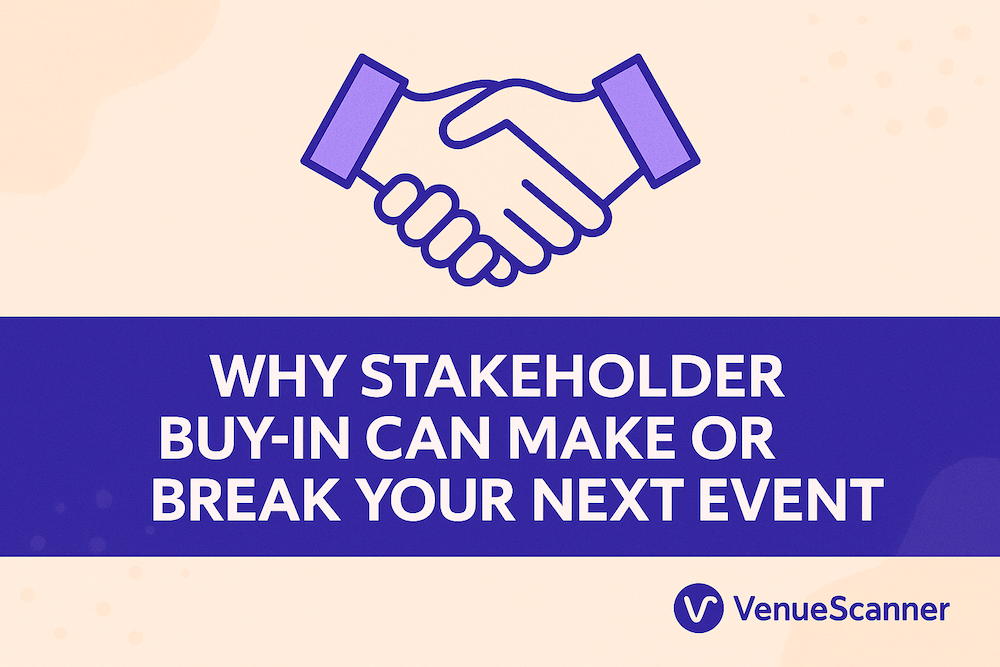
How AI Is Changing Work and How You Can Change With It
AI is here to stay, and workplaces everywhere are learning how to integrate it into their daily operations. While it’s understandable that some employees feel uncertain about how AI might impact their roles, the reality is that AI offers significant opportunities to improve productivity and free up time for more meaningful work. With the right approach, AI can be seen not as a threat, but as a powerful partner in the workplace.
AI is changing job functions and embracing it is the way forward in the workplace. It’s time for employees across all sectors to learn how they can utilise AI to help streamline their tasks so they can get the mundane day-to-day tasks out of the way and can focus on big picture outputs.
How AI is Changing Work
AI isn’t a buzzword anymore, it’s reshaping day-to-day roles across all industries.
- Repetitive tasks are being automated, freeing up time for deeper thinking and creativity.
- Content creation, reporting, and data analysis are faster and more accurate (with a bit of human touch).
- New hybrid roles are emerging that involve interacting directly with AI tools.
- Soft skills like emotional intelligence, adaptability, and problem-solving are more important than ever.
These changes aren’t hypothetical, they’re happening right now, and they’re opening the door for workers to shift their focus to more meaningful, human-driven tasks.
Use AI as an Assistant
According to the Freshworks 2024 Global AI Workplace Report, employees estimate that AI is already reducing their workload by three hours and 47 minutes per week, primarily by handling repetitive tasks, summarising reports, analysing data, and suggesting next steps.
That adds up to nearly 24 business days a year, over a full month, allowing workers to focus on more valuable, engaging work.
How are AI and LLMs changing the workplace?
Jobs are going to evolve. If you look at using AI as an opportunity, instead of a threat, you’ll succeed. As Edwidge Robinson, a senior executive in strategy and innovation, puts it: “Automation is not about replacing human jobs — it’s about enhancing human potential.” She emphasizes that roles built around creativity, critical thinking, and emotional intelligence will thrive in the AI-powered future.
By using AI to take on tasks that aren’t your strongest skill set, there’s a real opportunity to learn and work more efficiently. For example, teams might use ChatGPT to help create illustrations for blog posts or social media, even if no one’s a designer. It’s all about figuring out how to write the right prompts to get the results you want. It doesn’t always work perfectly on the first try, but once you learn how to brief the tool properly, the process becomes much smoother. This is a great example of how AI and humans work best together and a clear example on why AI needs a human to guide it in the right direction.
How You Can Change With It
Adapting to AI doesn’t mean becoming a tech expert. It means being open to experimenting, learning, and using tools to work smarter:
- Start experimenting: Try tools like ChatGPT, Gemini, Canva’s Magic Studio, or GrammarlyGO in your daily tasks.
- Learn by doing: Take a short course, watch tutorials, or join a team learning session.
- Pick one task to automate or improve: Think about something repetitive or time-consuming you do and test an AI tool on it.
- Share what you learn: Talking about AI at work helps normalise it and brings others along on the journey.
LLM’s aren’t the only ones who need to continually learn.
It will be really important for people to continually learn and explore AI. Those who don’t adopt it will fall behind. Leaders can encourage employees to start experimenting with AI to see how they can implement it to help with tasks. At VenueScanner, we’ve introduced a weekly growth mindset session where we each take time to explore how AI can be applied to our individual roles. This helps us better understand the broader impact of AI and how we can put it into practice.
Survey data from the Freshworks report supports this approach: 70% of employees are actively looking to grow their AI skills to remain marketable and 63% believe that employees who use AI have a clear advantage over those who don’t integrate it into their workflows.
The Takeaway
While AI is here to stay, it still relies on people to function effectively. The report found that 69% of workers believe that AI will never fully replace human jobs. It also notes: “To be clear, workers on the whole agree that AI isn’t at a place where it can create a finished product by itself; human touch is needed every step of the way.”
It’s more important than ever to keep learning, stay curious, and treat AI as a tool, one that can help you work smarter, not harder. Embrace it, and use it to focus on what truly matters: the human skills that machines can’t replicate.
Need help finding a venue for your next corporate event?
Get in touch with our VenueScanner for Business Team!

